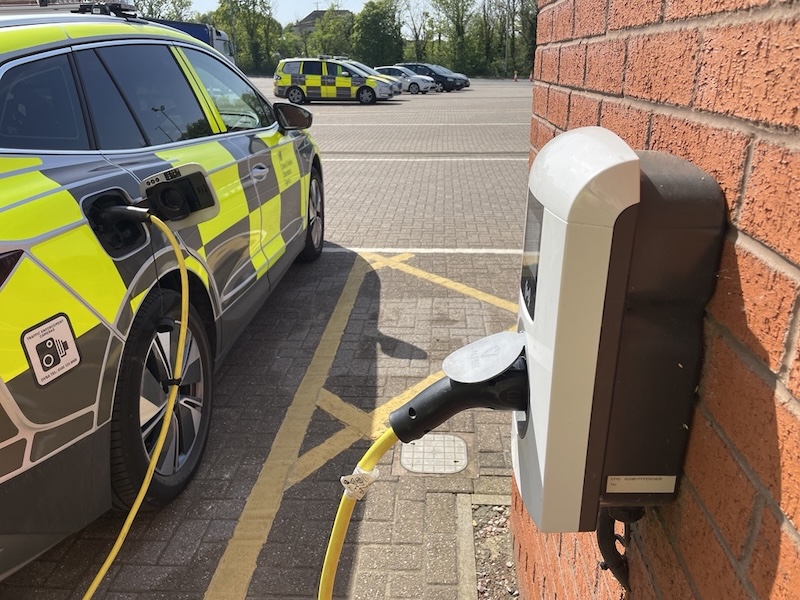Sustainability Award

A project to determine the best way to transition the DVSA’s operational fleet to electric vehicles and inform longer-term policy decisions to decarbonise transport. The project provided critical insights into charging infrastructure needs, cost implications and the operational impact of electric vehicle adoption.
The UK Government Fleet Commitment mandates that all government vehicles must be zero-emission by 2027, an ambition framed by the UK’s sustainability commitments and the UN Sustainable Development Goals (SDGs) on a global level. The Driver and Vehicle Standards Agency (DVSA), which operates a fleet of over 1,200 vehicles, engaged Capgemini to provide the data, analytical expertise and strategic insights needed to undertake this transition while maintaining operational efficiency.
Over six months, Capgemini implemented a programme to assess the real-world implications of shifting the DVSA’s fleet to electric vehicles (EVs). The team’s data-driven approach helped DVSA explore multiple transition options, evaluate cost and carbon impacts and identify the infrastructure required for long-term success.
The transition to EVs is not just a procurement issue. It requires careful integration into daily workflows, investment in charging infrastructure and policy adjustments. A major concern for DVSA staff was ensuring reliable vehicle availability for time-sensitive inspections. Missing test appointments due to charging delays could result in penalties of £1,500 per missed slot, making it essential to optimise vehicle charging schedules.
The financial impact of switching to EVs was also a key factor. For example, HMRC’s existing mileage reimbursement rate for EVs was found to be insufficient, meaning some staff incurred personal costs for work-related charging. Capgemini flagged this issue to HMRC and potential changes to government-wide reimbursement policies are now under review.
To assess these challenges, Capgemini designed and executed a comprehensive programme that tested charging infrastructure, operational impact and user experience. The project involved two separate trials: a home charging trial with 30 participants – of whom 20 had 7kW home chargers installed while the remainder relied on public charging – and an on-site charging trial with 10 participants using 11kW chargers installed at the DVSA’s Doxey Enforcement Site in Staffordshire. Throughout the project, Capgemini used telematics tracking and weekly user surveys to gather real-world data on vehicle usage, charging behaviour and efficiency.
By ensuring a mix of users, including staff initially sceptical about EVs, the project provided valuable insights into adoption barriers and long-term feasibility. By the end of the trial, 50% of participants wanted to keep their EVs, increasing to 75% among those with home chargers, a clear indication of shifting perceptions. However, the project also highlighted that around 25% of staff would be unable to install home chargers due to property constraints, and those reliant on public charging saw a reduction in productivity. The findings reinforced the importance of strategic planning, with recommendations to prioritise home charging where possible while ensuring strategically placed on-site charging stations for field-based staff.
Capgemini’s data-driven methodology has provided DVSA with a clear roadmap for its full transition to zero-emission vehicles. Over the next five years, this work will contribute to avoiding 3,694 tonnes of CO2 emissions, while also informing broader government policies on fleet electrification. The UK government’s Office for Zero Emission Vehicles (OZEV) now views DVSA as a model for other agencies preparing for fleet decarbonisation.
View the Capgemini Invent profile in the MCA Members Directory.

